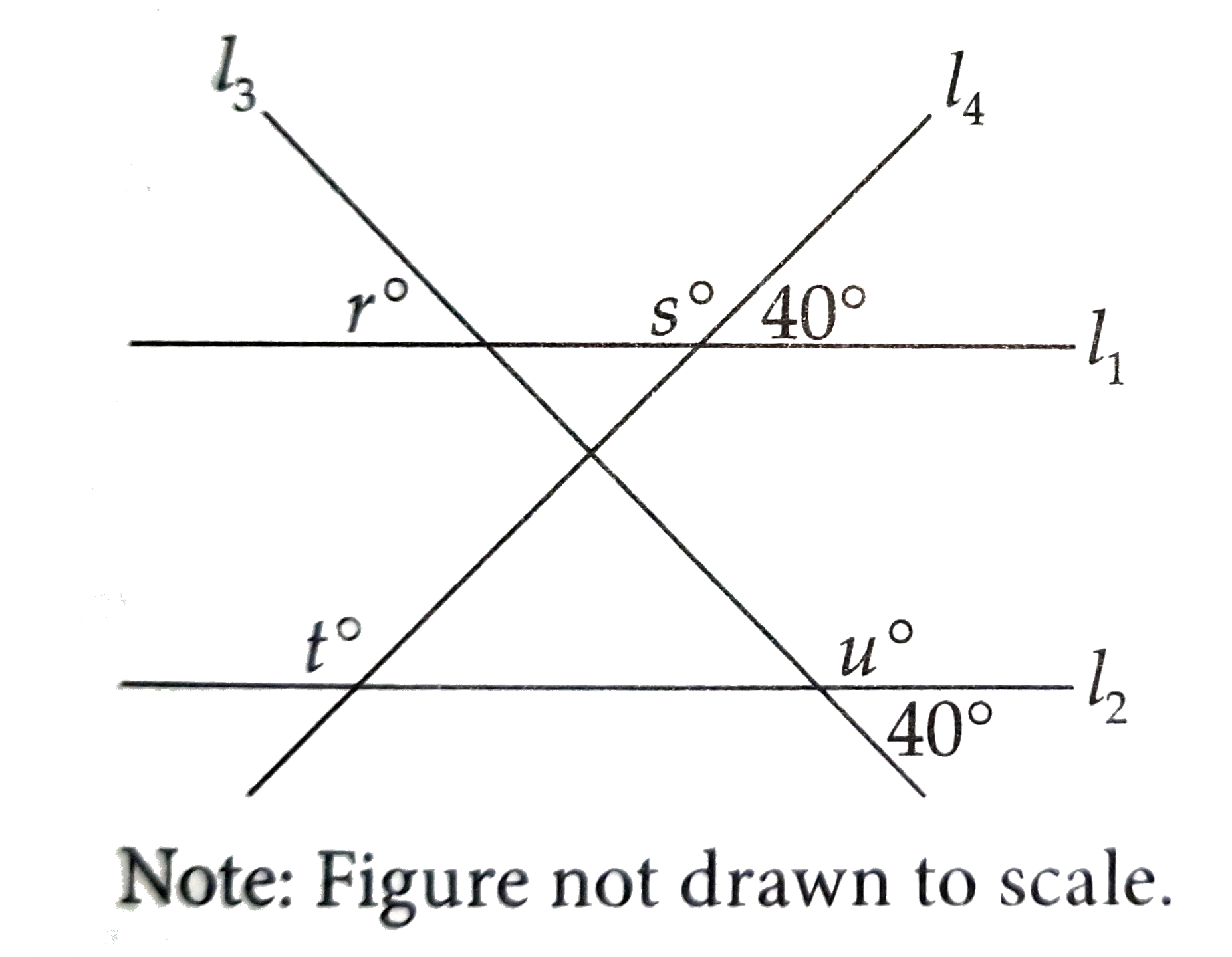Which of the following is not true ?
Ordinary water is electrolysed more rapidly than D2O.
Reaction between H2 and Cl2 is much faster than D2 and Cl2.
D2O freezes at lower temperature than H2O.
Bond dissociation energy for D2 is greater than H2.
The correct Answer is:C
To determine which statement is not true, we will analyze each option provided in the question.
1. Option A: Ordinary water is electrolyzed more rapidly than D2O.
- Ordinary water (H2O) contains a very small amount of heavy water (D2O). During electrolysis, H2O is converted into hydrogen (H2) and oxygen (O2) more readily than D2O. This is because D2O has a higher bond dissociation energy, making it less reactive. Therefore, this statement is true.
2. Option B: The reaction between H2 and Cl2 is much faster than D2 and Cl2.
- Hydrogen (H2) is indeed more reactive than deuterium (D2) due to its lower bond dissociation energy. As a result, the reaction between H2 and Cl2 occurs more rapidly than the reaction between D2 and Cl2. This statement is also true.
3. Option C: D2O freezes at a lower temperature than H2O.
- The freezing point of heavy water (D2O) is approximately 3.8 degrees Celsius, while the freezing point of ordinary water (H2O) is 0 degrees Celsius. This means that H2O freezes at a lower temperature than D2O, making this statement false.
4. Option D: The bond dissociation energy of D2 is greater than that of H2.
- The bond dissociation energy of D2 (deuterium) is indeed greater than that of H2 (hydrogen) because the presence of the extra neutron in deuterium makes the bond stronger. Thus, this statement is true.
Conclusion:
The statement that is not true is Option C: D2O freezes at a lower temperature than H2O.
- Ordinary water (H2O) contains a very small amount of heavy water (D2O). During electrolysis, H2O is converted into hydrogen (H2) and oxygen (O2) more readily than D2O. This is because D2O has a higher bond dissociation energy, making it less reactive. Therefore, this statement is true.
- Hydrogen (H2) is indeed more reactive than deuterium (D2) due to its lower bond dissociation energy. As a result, the reaction between H2 and Cl2 occurs more rapidly than the reaction between D2 and Cl2. This statement is also true.
- The freezing point of heavy water (D2O) is approximately 3.8 degrees Celsius, while the freezing point of ordinary water (H2O) is 0 degrees Celsius. This means that H2O freezes at a lower temperature than D2O, making this statement false.
- The bond dissociation energy of D2 (deuterium) is indeed greater than that of H2 (hydrogen) because the presence of the extra neutron in deuterium makes the bond stronger. Thus, this statement is true.
The statement that is not true is Option C: D2O freezes at a lower temperature than H2O.
Topper's Solved these Questions
- HYDROGEN Book:NCERT FINGERTPS ENGLISHChapter:HYDROGEN Exercise:NCERT (EXEMPLAR PROBLEMS)
Explore 18 Videos
- HYDROGEN Book:NCERT FINGERTPS ENGLISHChapter:HYDROGEN Exercise:ASSERTION & REASON
Explore 15 Videos
- HYDROGEN Book:NCERT FINGERTPS ENGLISHChapter:HYDROGEN Exercise:Assertion And Reason
Explore 15 Videos
- HYDROCARBONS Book:NCERT FINGERTPS ENGLISHChapter:HYDROCARBONS Exercise:Assertion And Reason
Explore 15 Videos
- ORGANIC CHEMISTRY-SOME BASIC PRINCIPLES AND TECHNIQUES Book:NCERT FINGERTPS ENGLISHChapter:ORGANIC CHEMISTRY-SOME BASIC PRINCIPLES AND TECHNIQUES Exercise:Assertion And Reason
Explore 12 Videos
Similar Questions
Knowledge Check

Which of the following must be true?Al1∣∣l2Bl3 bisects l4Cs=tDu=140∘Which of the following is a true statement ?
AIn all mammals, offspring develop within the femaleBAll mammals have hair and mammary glandsCAll mammals are land-dwelling formsDAll of the above
Which of the following is/are true ?
View SolutionWhich of the following is/are true ?
View SolutionWhich of the following is/are true ?
View SolutionWhich of the following is a true fruit ?
View SolutionWhich of the following is/are true?
View SolutionWhich of the following is/are true?
View Solution
